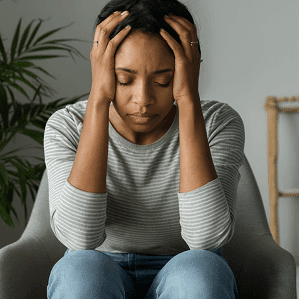Recent abortion bans across the United States have significantly impacted survivors of intimate partner violence (IPV), for whom access to abortion is often a matter of survival. These restrictions force survivors to carry pregnancies resulting from abuse, further entangling them with their abusers and increasing their risk of continued violence.
The National Coalition Against Domestic Violence reports that 1 in 4 women and 1 in 9 men experience severe IPV, with many survivors facing reproductive coercion, including birth control sabotage and forced pregnancies. Abortion bans exacerbate these situations, leaving survivors with limited options to escape abusive relationships.
Marginalized communities, particularly Black and Indigenous women, are disproportionately affected by these bans. Systemic racism and economic disparities limit their access to healthcare, making it more challenging to obtain safe abortions. The Guttmacher Institute notes that women of color are more likely to seek abortions due to higher rates of unintended pregnancies, yet face greater obstacles in accessing care.
Advocates urge policymakers to consider the unique challenges faced by IPV survivors and marginalized groups when enacting abortion legislation. Ensuring access to comprehensive reproductive healthcare is essential to protect the health and autonomy of these vulnerable populations.
See “The Hidden Toll of Abortion Bans on Vulnerable Populations” (November 7, 2024)



